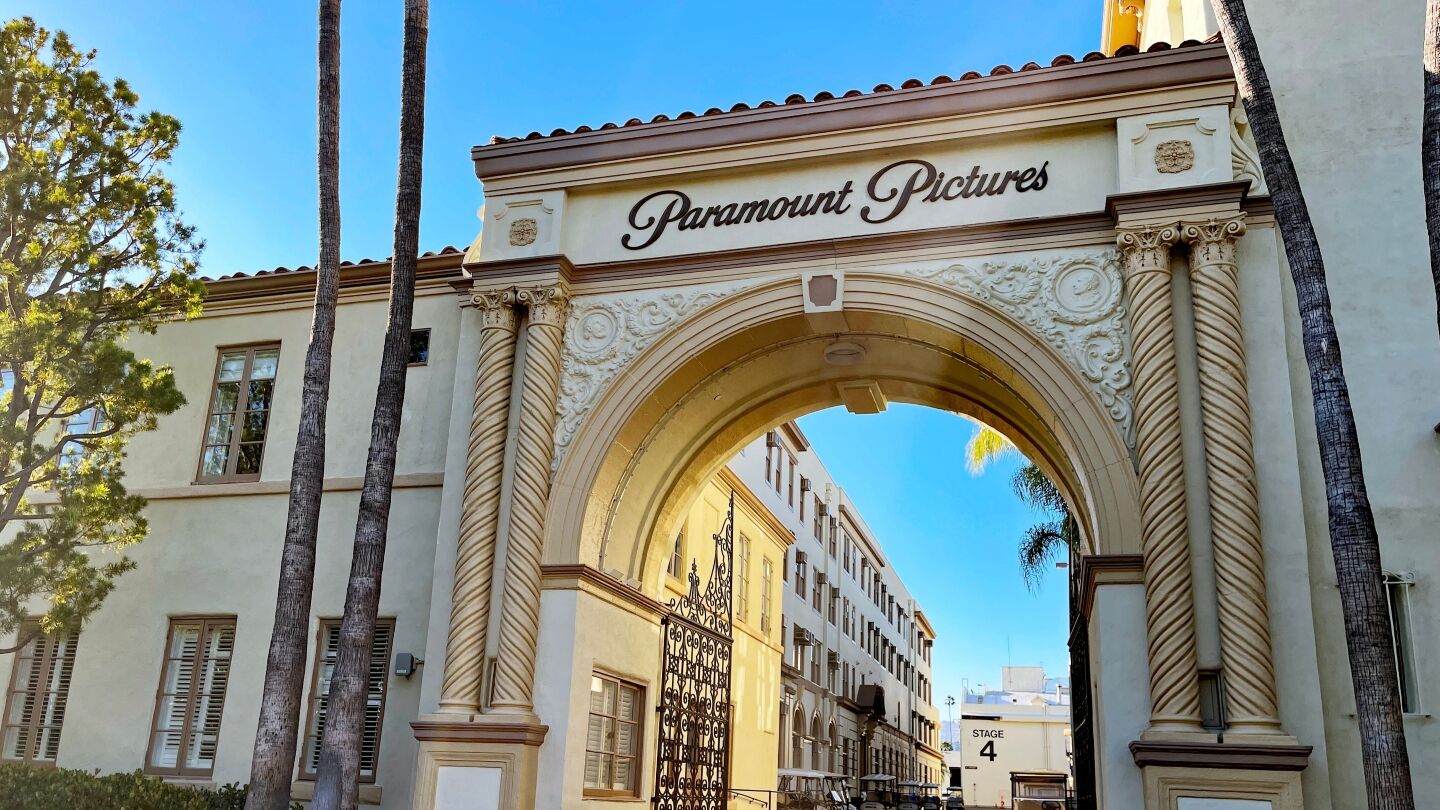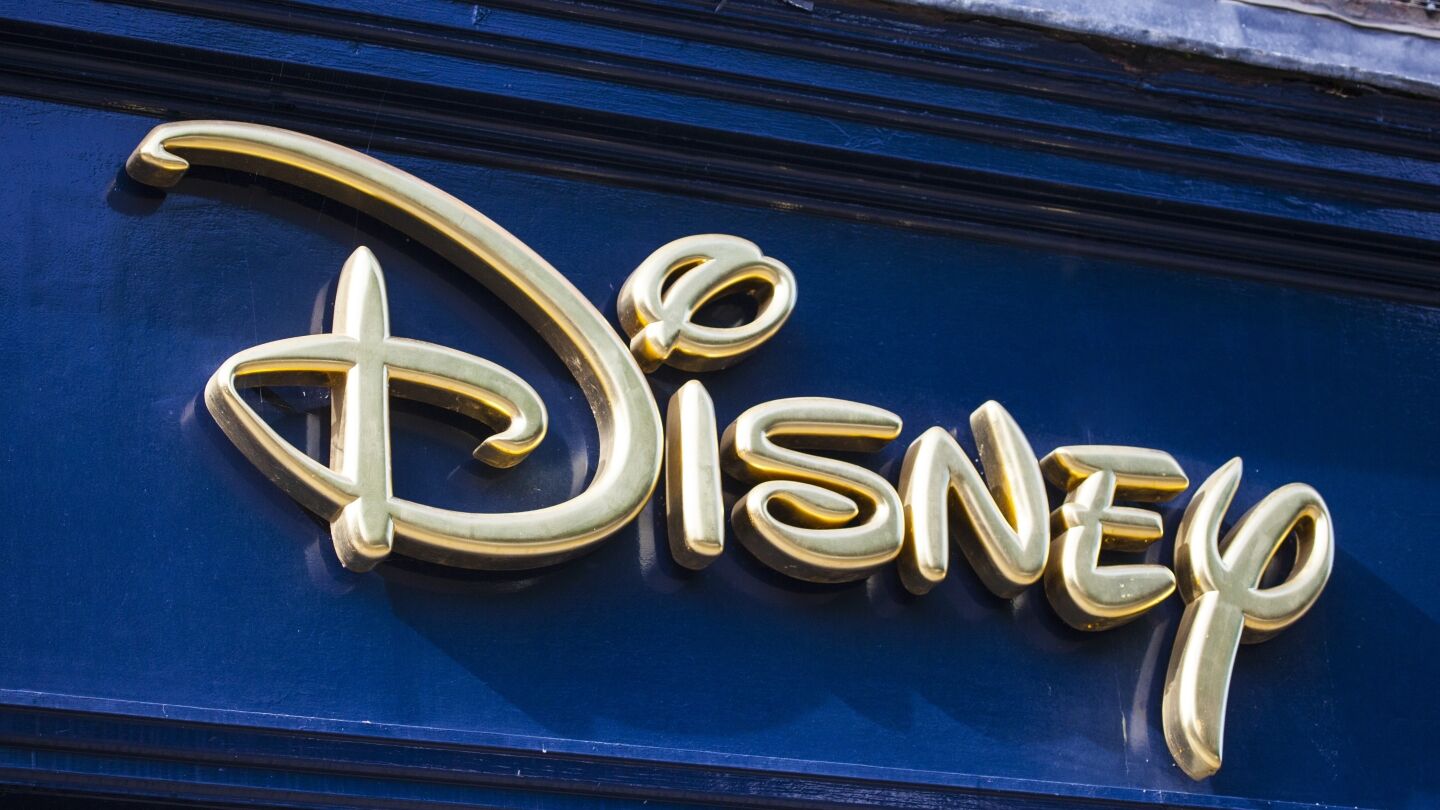Live sports, entertainment and events broadcaster EMG has today (11 Jan) announced a seismic merger with Gravity Media, a global provider of live creative production and media services.
The combination of the two businesses will create one of the world’s largest broadcast technology and production companies, with more than 100 outside broadcast trucks and flypacks, and 40 studios and production facilities across Europe, the Middle East, United States, and Australia.
.jpg)
The business will have 30 offices across 12 countries, with a total of 2,000 permanent employees.
The combination will deliver broadcast, technology, production, and post-production solutions across many of the world’s most-watched live events and entertainment programmes including UEFA EUROs, FIFA World Cup, Summer and Winter Olympics, Roland Garros, ATP Tour, Giro d’Italia, Tour de France, Formula E, the V8 Supercar Championship, the Australian Open and US Open Tennis, plus entertainment series including local versions of The Masked Singer, I’m A Celebrity… Get Me Out of Here!, The Traitors and Love Island, and events like the BAFTA Awards, post-production services for The Crown, and state events like the Coronation of King Charles III.
The group, which will be formally named in due course, will be led by Shaun Gregory, the current CEO of EMG, as its Global Chief Executive Officer. John Newton, Founder, CEO and majority shareholder of Gravity Media, will be appointed Executive Chairman of the new combined group.
Shaun Gregory, CEO of EMG, said: “This is a pivotal day for the industry, as we bring together two powerhouses to create a truly global business. Both John and I believe this industry needs entities with significant global capability, that are prepared to invest. Our vision is to create a world-class business that sets new industry standards and can seamlessly enter and grow new markets. This is a fantastic opportunity, which in turn gives our customers the best solutions and quality they rightly demand. We’ll be able to invest in global platforms, end-to-end production and, of course, the best people. We’re looking forward to getting started.”
John Newton, Founder and Chairman of Gravity Media, said: “This is the right time to bring together EMG and Gravity Media to create a truly global production and media services business. This combination will allow us to play an increasingly important role for our customers and our people. Together, the group will offer new products, new services and enter new markets. I look forward to working with Shaun and the broader team to grow this exciting new business.”
Peter Bates, EMG UK CEO, said: “This merger is great news for EMG UK and for our clients. We already have a history of collaboration with Gravity Media in the UK and this newly formed combination will strengthen this further, ensuring our clients get the very best in the industry whilst offering exciting opportunities for our teams.”
You are not signed in
Only registered users can comment on this article.

Rise launches Elevate programme for broadcast leaders
Rise has launched the Elevate programme, a six-week leadership course designed to fast-track the careers of mid-level women working across broadcast media technology.

Andrew Llinares to step down as Fremantle’s Director of Global Entertainment
Andrew Llinares is to step down this spring from his position as Director of Global Entertainment at global producer and distributor Fremantle.

HBO Max to launch in UK and Ireland on March 26
Warner Bros. Discovery is to launch its streaming service HBO Max in the UK and Ireland on 26 March 2026.

5G broadcast trials underway at Winter Olympics
Italian public service broadcaster Rai and the European Broadcasting Union (EBU) are conducting new 5G broadcast trials during the Milano Cortina 2026 Olympic Winter Games, which run from 6-22 February 2026.

Channel 4 unveils coverage plans for 2026 Paralympic Winter Games
Channel 4 has unveiled the plans for its coverage of the Milano Cortina 2026 Paralympic Winter Games.



